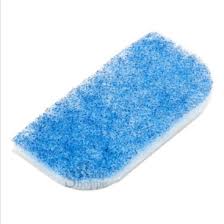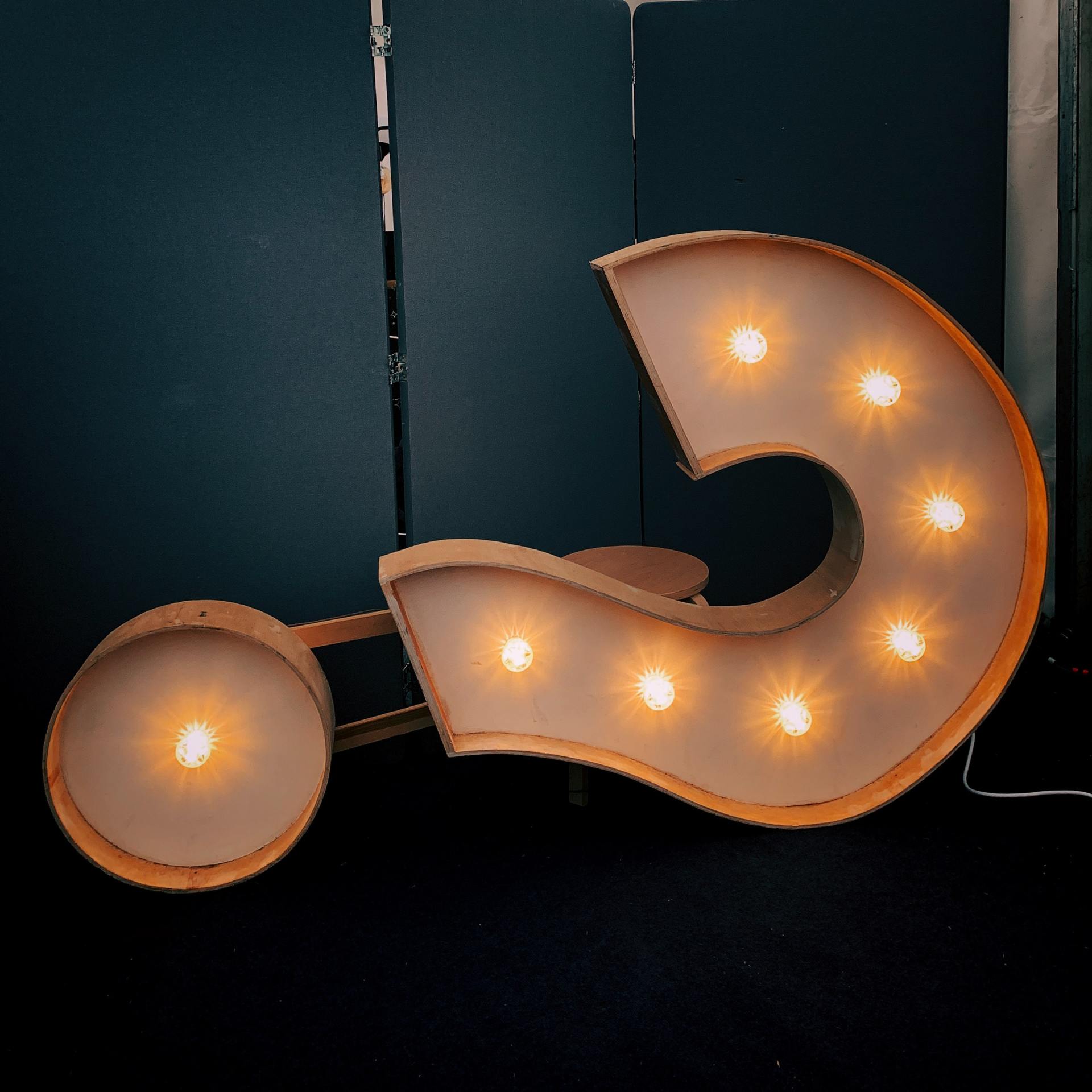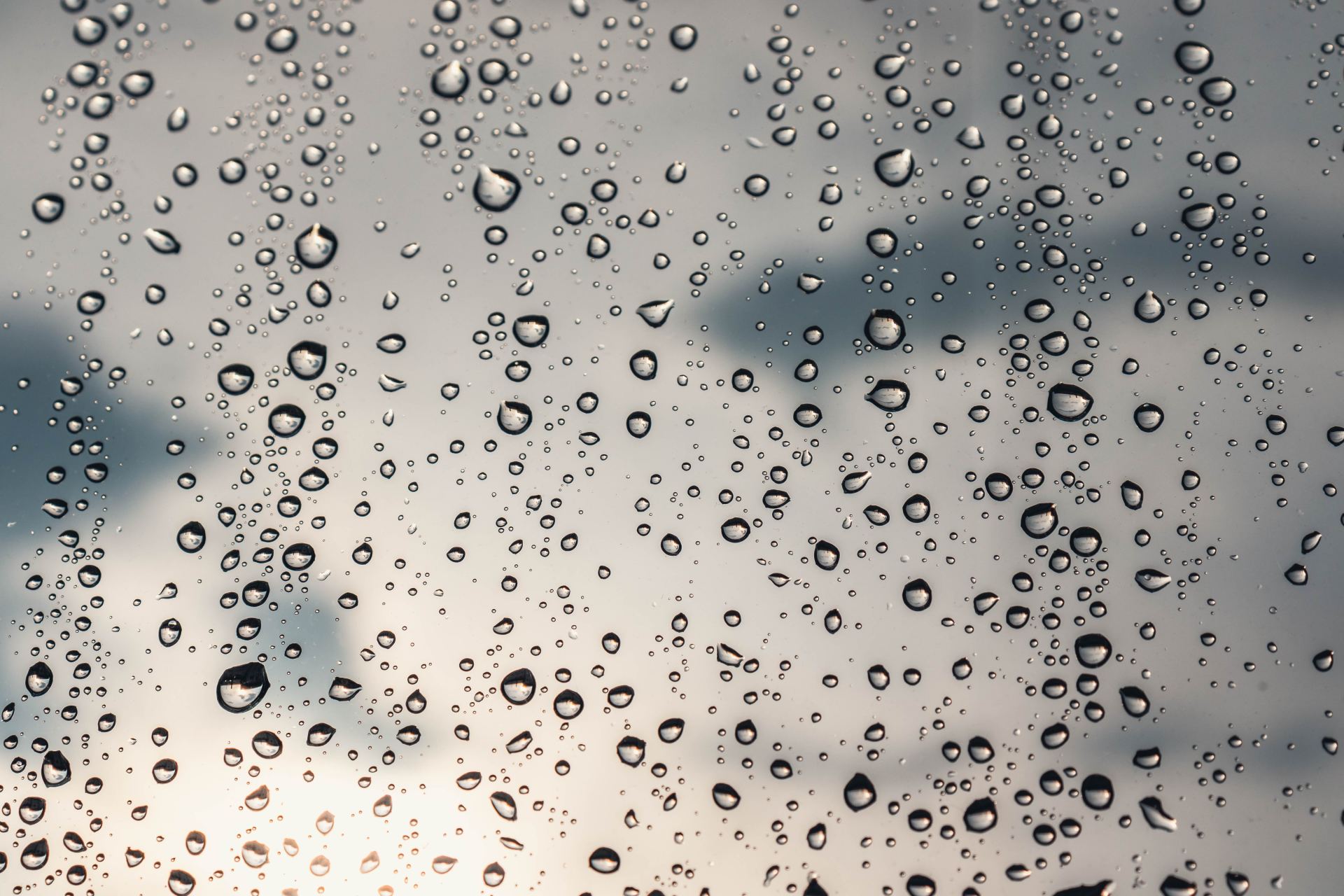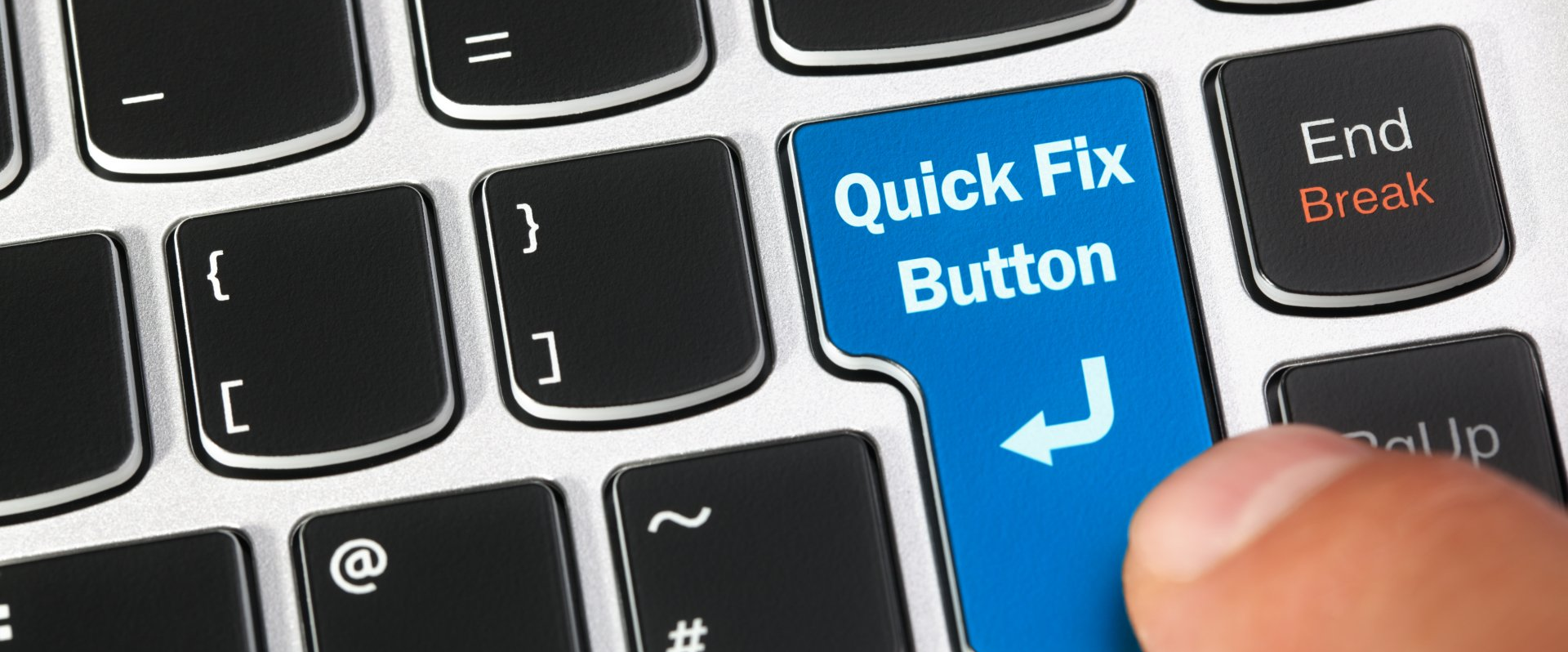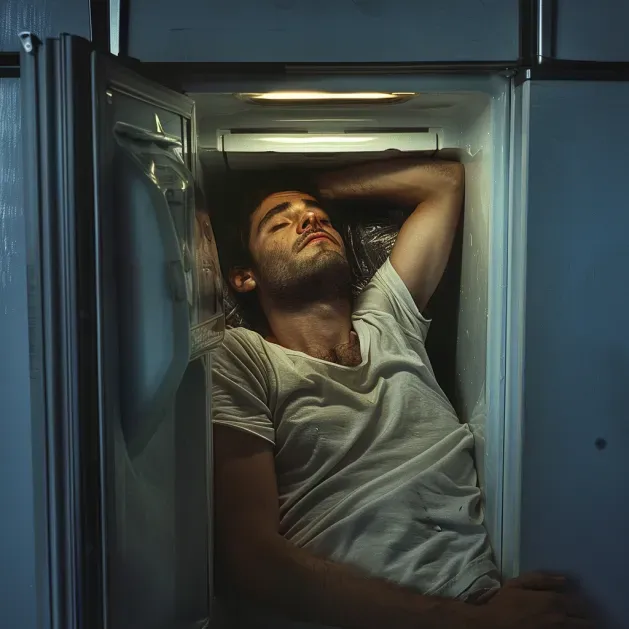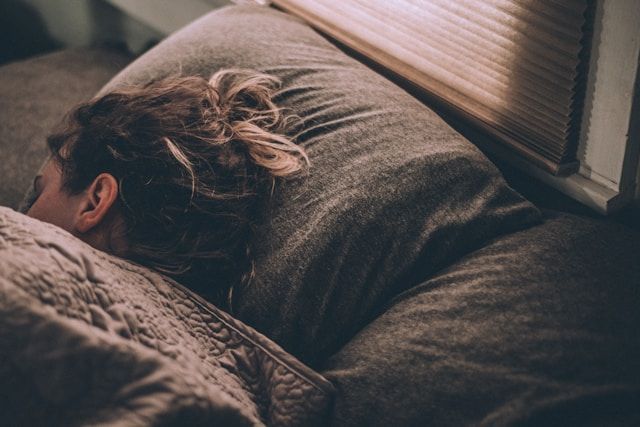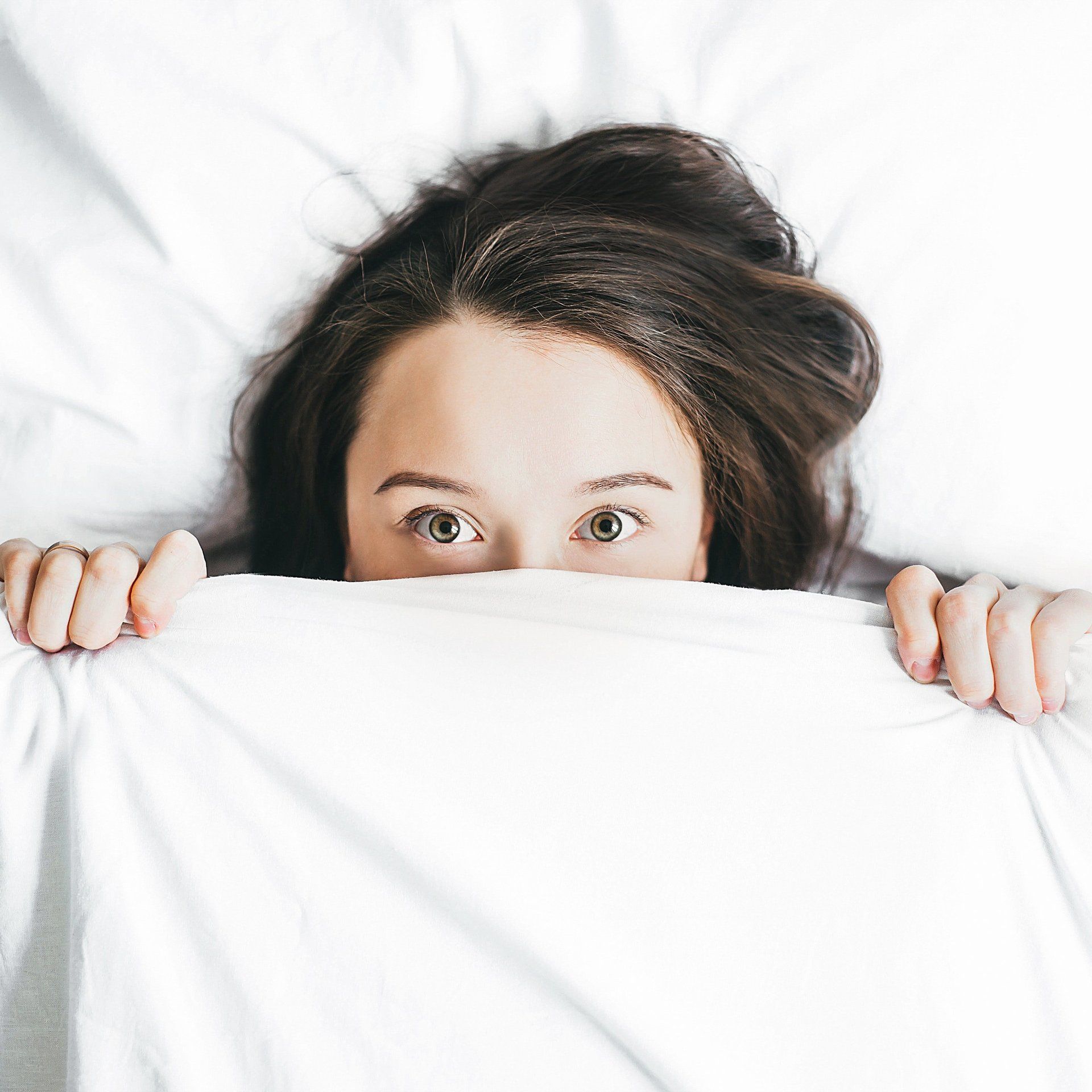How to Choose a CPAP Machine Manufacturer
Discover how to choose the best CPAP machine manufacturer with our comprehensive guide.
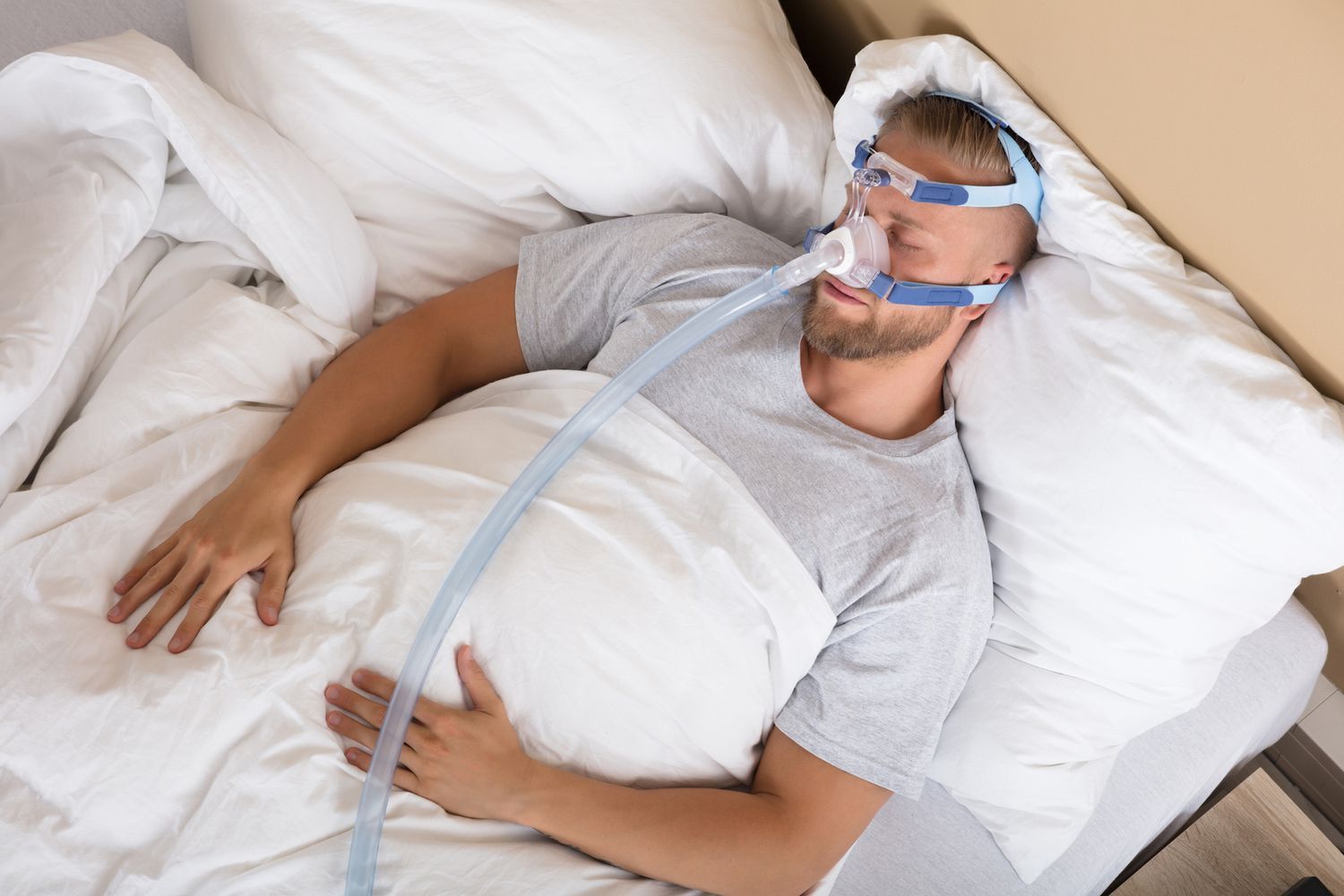
Choosing the right CPAP machine manufacturer can be a daunting task, especially with the vast number of options available in the market. But don't worry—I'm here to guide you through the process. In this article, we'll explore everything you need to know to make an informed decision. So, let's dive in and find the perfect CPAP machine manufacturer for your needs!
Understanding CPAP Machines
Before we get into the nitty-gritty of choosing a manufacturer, let's understand what a CPAP machine is and why it's essential. CPAP stands for Continuous Positive Airway Pressure. It's a device used primarily to treat sleep apnea by delivering a steady stream of air through a mask, keeping your airways open during sleep.
Why the Manufacturer Matters
You might be wondering, "Why does the manufacturer matter so much?" Think of it like buying a car. Would you rather buy from a well-known, reputable brand or a no-name company with little to no track record? The manufacturer can significantly impact the quality, reliability, and longevity of your CPAP machine.
Factors to Consider When Choosing a CPAP Manufacturer
When it comes to selecting the best CPAP manufacturer, there are several factors to consider:
1. Reputation
Reputation is key. Look for manufacturers with a long-standing history of producing reliable, high-quality CPAP machines. Check online reviews and ask your healthcare provider for recommendations.
2. Product Range
Does the manufacturer offer a variety of CPAP machines and accessories? A diverse product range means you can find a machine tailored to your specific needs.
3. Innovation and Technology
Technology is constantly evolving, and the best manufacturers are those who stay ahead of the curve. Look for companies that incorporate the latest advancements into their products.
4. Customer Support
Excellent customer support is crucial. You'll want a manufacturer that offers robust customer service, whether you need help setting up your machine or troubleshooting an issue.
5. Warranty and Return Policy
A good warranty and flexible return policy can give you peace of mind. Make sure to understand the terms before making a purchase.
6. Price and Insurance
Cost is always a factor. Compare prices across manufacturers and check if your insurance covers any part of the purchase.
7. Reviews and Testimonials
Reading reviews and testimonials from other users can provide valuable insights into the performance and reliability of a CPAP machine.
8. Ease of Use
Your CPAP machine should be user-friendly. Consider the design, interface, and overall usability when making your decision.
9. Sustainability
If you're environmentally conscious, look for manufacturers committed to sustainability and reducing their environmental footprint.
Top CPAP Machine Manufacturers
Here are some of the top CPAP machine manufacturers known for their quality and reliability:
1. ResMed
ResMed is a leading manufacturer with a reputation for high-quality CPAP machines. Their products are known for being innovative, user-friendly, and reliable.
2. Philips Respironics
Philips Respironics offers a wide range of CPAP machines and accessories. They are known for their advanced technology and excellent customer support.
3. Fisher & Paykel Healthcare
Fisher & Paykel is renowned for its commitment to comfort and performance. Their CPAP machines are designed with the user's comfort in mind.
4. DeVilbiss Healthcare
DeVilbiss Healthcare provides a range of durable and reliable CPAP machines. They are known for their robust customer service and support.
Reviews and Recommendations
Reading reviews and seeking recommendations from healthcare professionals can be incredibly helpful. Pay attention to both positive and negative feedback to get a balanced view.
Customer Service and Support
A manufacturer that offers excellent customer service can make a significant difference. Look for companies that provide easy access to support, whether it's through a hotline, chat service, or extensive online resources.
Warranty and Return Policies
Understanding the warranty and return policies can save you a lot of hassle. Look for manufacturers that offer comprehensive warranties and flexible return options in case the machine doesn't work out for you.
Price and Insurance Coverage
CPAP machines can be a significant investment, so it's essential to compare prices. Additionally, check if your insurance plan covers any portion of the cost, which can make a big difference in your final decision.
Technological Advancements
The best CPAP manufacturers continuously innovate to improve their products. Features like automated pressure adjustment, advanced humidification systems, and integrated data tracking can enhance your treatment experience.
Ease of Use and Maintenance
Your CPAP machine should be easy to set up, use, and maintain. Consider the design and interface, as well as the ease of cleaning and replacing parts.
Portability and Travel-Friendly Options
If you travel frequently, look for manufacturers that offer portable CPAP machines. These devices are smaller, lighter, and often come with travel-friendly features like battery packs.
Sustainability and Environmental Impact
In today's world, sustainability is more important than ever. Some manufacturers are making strides in reducing their environmental impact through eco-friendly designs and practices. If this is important to you, consider it in your decision-making process.
Making the Final Decision
Choosing the right CPAP manufacturer comes down to evaluating your needs and preferences. Take the time to research, read reviews, and consult with your healthcare provider to make an informed decision.
FAQ's about CPAP Machines
What is a CPAP machine and how does it work?
A CPAP machine stands for Continuous Positive Airway Pressure. It helps keep your airways open by delivering a steady stream of air through a mask, which is crucial for those suffering from sleep apnea.
Why is the manufacturer's reputation important when choosing a CPAP machine?
The reputation of the manufacturer ensures that the CPAP machine is of high quality, reliable, and backed by good customer service and support. It provides peace of mind and assurance of the product's performance.
How can I determine if a CPAP machine is user-friendly?
Look for features such as a simple interface, easy-to-use controls, clear instructions, and ease of maintenance. Reading user reviews can also give you insights into the machine's usability.
What should I look for in a warranty and return policy for a CPAP machine?
Describe the item or answer the question so that site visitors who are interested get more information. You can emphasize this text with bullets, italics or bold, and add links.Are there portable CPAP machines available for travelers?
Yes, many manufacturers offer portable CPAP machines that are smaller, lighter, and equipped with features like battery packs to accommodate travelers. They provide the same benefits as standard CPAP machines but are designed for ease of travel.

